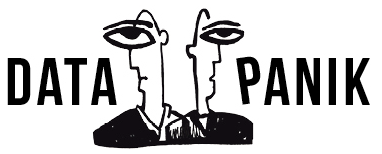Het rijtje van technologieën die ons in de gaten houden, wordt steeds langer. Denk niet alleen aan usual suspects als bewakingscamera’s of dataretentiewetten. Maar denk ook aan het internet of things, onze auto’s, smartphones en co. Of denk aan de verdwijning van cash geld en de mogelijkheden die dat opent voor banken (en bedrijven) en overheden om ons doen en laten nauwlettend in de gaten te houden.
Sarah Jeong besteedt in The Atlantic uitgebreid aandacht aan die laatste, onder de veelzeggende titel “How a Cashless Society Could Embolden Big Brother”.
In a cashless society, the cash has been converted into numbers, into signals, into electronic currents. In short: Information replaces cash.
Information is lightning-quick. It crosses cities, states, and national borders in the twinkle of an eye. It passes through many kinds of devices, flowing from phone to phone, and computer to computer, rather than being sealed away in those silent marble temples we used to call banks. Information never jangles uncomfortably in your pocket.
But wherever information gathers and flows, two predators follow closely behind it: censorship and surveillance. The case of digital money is no exception. Where money becomes a series of signals, it can be censored; where money becomes information, it will inform on you.
Jeong heeft het onder meer over de gevolgen voor de armste bevolkingsgroepen (“For the most vulnerable, the cashless society only extends the reach of the existing paternal bureaucratic state”) en pogingen voor anonieme versies van digitaal geld (cryptocurrencies als bitcoin).

